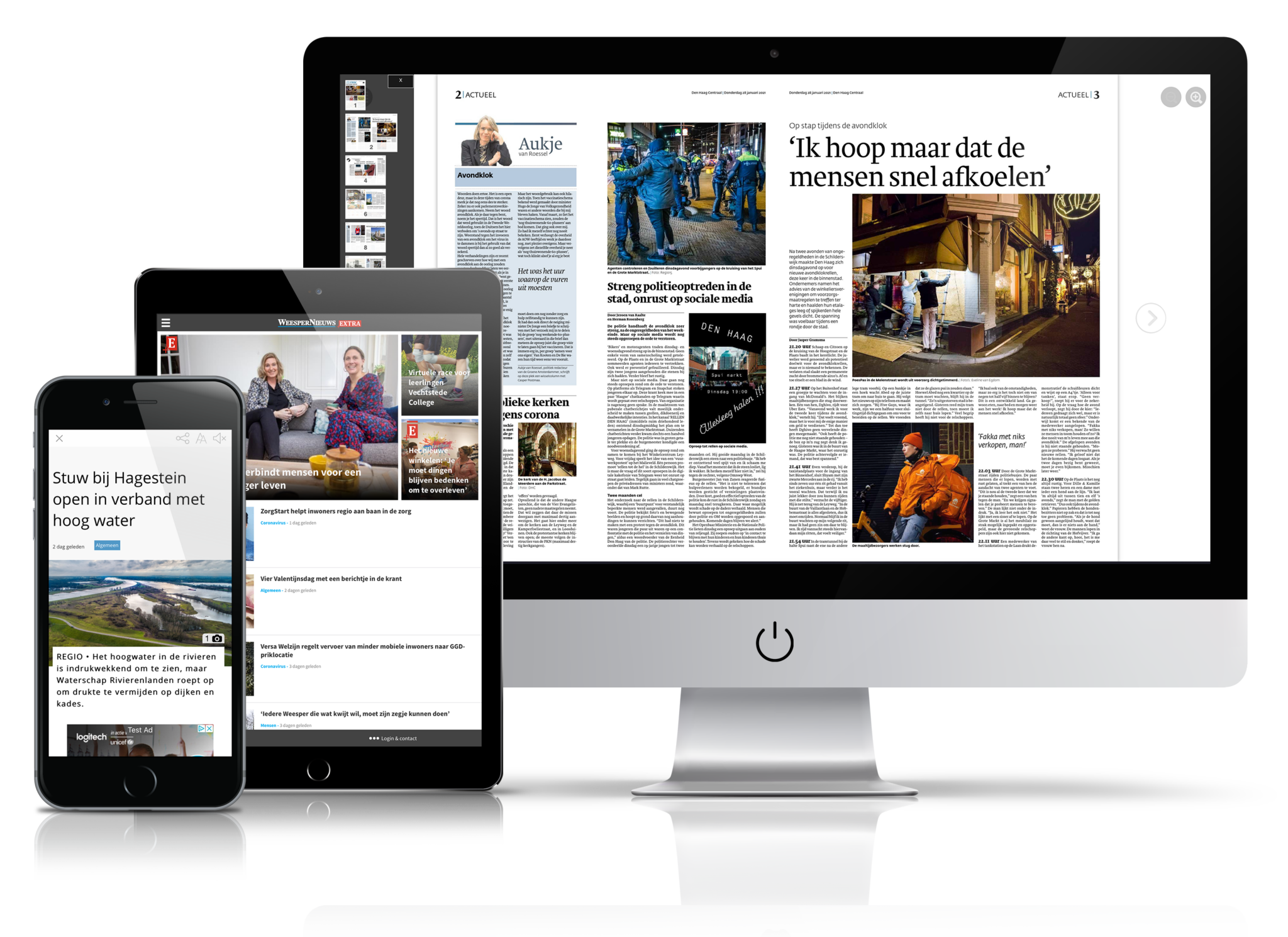The 5-Minute Rule for News Websites
The 5-Minute Rule for News Websites
Blog Article
An Unbiased View of News Websites
Table of ContentsAll about News WebsitesNews Websites Can Be Fun For AnyoneThe Ultimate Guide To News Websites9 Easy Facts About News Websites ExplainedGetting My News Websites To Work
It was down in the UK and Brazil however up some various other countries, such as Greece, Bulgaria, and Poland (News Websites). This year, for the initial time, we asked concerning the various manner ins which individuals avoid the information and located that around half of avoiders (53%) were attempting to do so in a broad-brush or routine method for instance, by transforming off the radio when the information began, or by scrolling past the information in social networksYou stated that you attempt to proactively stay clear of information.

I'm most likely choosing to learn more light-hearted stories than I made use of to right now. M, 51, UK Turning my back on information is the only way I feel I can cope often. I need to purposely make the initiative to avert for the purpose of my very own mental wellness.
News Websites Can Be Fun For Everyone
Selective avoidance of Ukraine news was highest possible in many of the countries closest to the conflict, enhancing searchings for from our added survey in 2015, not long after the war had actually begun. Our information may not recommend an absence of passion in Ukraine from neighboring countries however rather a need to manage time or protect psychological health and wellness from the extremely genuine horrors of battle.
Comparing Finland with a politically polarised nation such as the USA (see next graph) that is less influenced by the war, we discover a very different pattern of topic evasion. In the USA, we locate that consumers are more probable to prevent subjects such as nationwide politics and social justice, where disputes over concerns such as gender, sexuality, and race have come to be highly politicised.
American national politics are quite poisonous nowadays. I locate sometimes that I need to separate from stories that just make me mad. F, 61, United States For some individuals, bitter and dissentious political debates are a reason to shut off news completely, but for some political partisans, evasion is commonly about shutting out point of views you don't desire to hear.

Fascination About News Websites
Some are looking to make information more obtainable for hard-to-reach teams, expanding the information program, website link commissioning even more motivating or favorable news, or welcoming constructive or options journalism that give people a feeling of hope or individual agency. In our survey this year, we asked respondents about their rate of interest in these various methods.
This clarifies why tales like Ukraine or nationwide politics execute well with information regulars but can at the exact same time transform much less interested individuals away (News Websites). Discerning avoiders are less curious about all kinds of information than non-avoiders but in loved one terms they do appear to be much more curious about positive or solutions-based information

The 5-Minute Rule for News Websites
2023). This might be real in the minute, but over time it seems to be leaving many individuals empty and much less satisfied, which may be threatening our link with and count on the information. Throughout markets, total trust continue reading this in information (40%) and count on the resources people use themselves (46%) are down by an even more 2 portion points this year.
Indeed, via the rear-view mirror, the COVID-19 depend on bump is clearly visible in the complying with graph, though the instructions of travel later on has been blended. In some cases (e.g. Finland), the trust rise has actually been preserved, while in others the upturn looks even more like a spot in a story of ongoing long-lasting decline.
Some of the highest possible reported degrees of media criticism are found in countries with highest degree of wonder about, such as Greece, the Philippines, the USA, France, and the UK. The most affordable levels of media objection are typically in those with higher levels of trust, such as Finland, Norway, Denmark, and Japan.
News Websites - Questions
This year we asked participants concerning their preferences for message, sound and video when eating news online. Generally, we discover that the bulk still choose to check out the information (57%), as opposed to watch (30%) or listen to it (13%), but younger individuals (under-35s) are most likely to listen (17%) than older groups.
Behind the averages we locate significant and shocking country differences. In markets with a solid analysis custom, such as Finland and the United Kingdom, around eight in ten still favor to check out on-line news, but in India and Thailand, around four in ten (40%) say they like to see information online, and in the Philippines that proportion is over fifty percent (52%).
Report this page